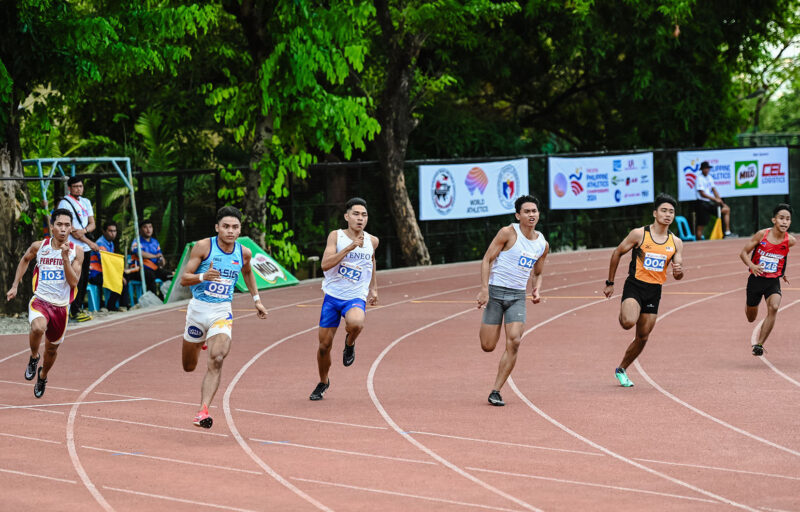CONSTANT LOCKDOWNS and social distancing measures have reduced foot traffic and slashed workforces, increasing unemployment to historic highs and hurting businesses nationwide. Micro, small, and medium enterprises (MSMEs) have faced the brunt of the recession stemming from extended quarantine periods, many of which are now at risk of closure.
To remedy ailing MSMEs and rising unemployment rates, the Department of Social Welfare and Development (DSWD) extended support through its Sustainable Livelihood Program (SLP). The program aims to aid beneficiaries in finding employment and starting businesses. In 2020 alone, SLP served 291,195 households. However, a report by the International Initiative for Impact Evaluation found that SLP businesses had high closure rates and administrative costs made the program inefficient.
Despite these issues, DSWD Assistant Secretary for Specialized Programs Rhea Peñaflor said that the SLP exceeded its targets due to varying grant allocations—ranging from Php 5,000 to Php 15,000—for different MSMEs. The SLP was allocated Php 4.3 billion for 2020 and received an additional Php 1 billion through Bayanihan 2. Funds were then disbursed to beneficiaries through several options, the most popular of which is the “Seed Capital Fund.”
Moreover, the SLP has been implemented in conjunction with Local Government Units that support and fund the program, thus helping more people on the ground. “[The DSWD is] making them champions, by meeting them, seeing eye-to-eye,” Peñaflor said.
As part of the microfinance council of the Philippines, the DSWD partnered with the Development Bank of the Philippines, creating the Wasto at Inklusibong Serbisyo – Solusyon sa Larangan ng Pananalapi (WAIS-SLP) in January 2020. The new partnership primarily aims to educate stakeholders about financial literacy.
Despite these positive developments, the program has not been perfect and requires improvement. Peñaflor shared that many individuals were still unaware of the SLP’s services, underscoring the government’s task to educate the populace more on its welfare programs. According to her, many resorted to informal loans during the pandemic, which are nationally unregulated and unsustainable.
Apart from the people’s lack of awareness on government programs, the SLP’s implementation has not circumvented the danger of COVID-19. DSWD Project Development Officer III Moses Albiento said, “We want to maximize—to extend our hands to help others—[kaso] ang hirap kasi kami rin mismo vulnerable din (it is hard because even ourselves are vulnerable).” Until now, outbreaks among field workers have proven to be among the largest problems in the program, Albiento expressed.
Despite the pandemic’s threat, Peñaflor said that the program’s implementation remains on track. In addition, she highlighted the importance of access to sustainable livelihood over direct cash grants, especially in high-poverty areas. “People do not ask for money, [they] ask for livelihood,” she said. Given this outlook among beneficiaries, Peñaflor expressed that the government should heed this concern to be more attuned with the people’s needs.




